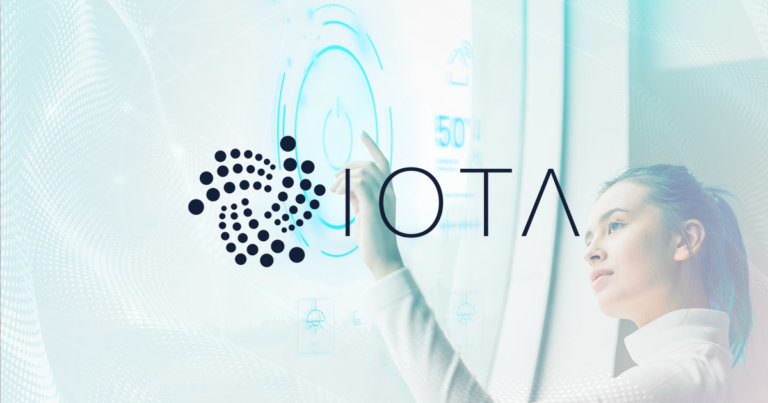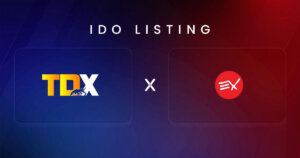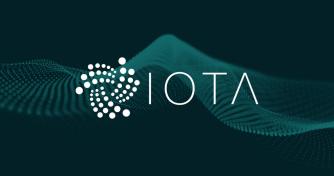 IOTA Smart Contracts Beta launches with zerofees, interoperability, and EVM compatibility
IOTA Smart Contracts Beta launches with zerofees, interoperability, and EVM compatibility IOTA Smart Contracts Beta launches with zerofees, interoperability, and EVM compatibility
The next-generation Smart Contracts solution focuses on interoperability, flexibility, and accessibility, and is ready for testing.

Image by rawpixel.com
The IOTA Foundation, the non-profit driving open-source distributed ledger technology for a new digital economy, announced the beta release of IOTA Smart Contracts in a release shared with CryptoSlate.
The fully functional smart contract solution offers a number of new features aimed at resolving current scalability and transaction fee issues while offering new features currently unmatched in the crypto space.
The IOTA Smart Contracts Beta enables users to create and execute custom smart contracts on a feeless network for the first time. It also comes with Ethereum Virtual Machine (EVM) support, the current industry standard. Developers can now write Solidity smart contracts inside an EVM chain that is anchored on the feels IOTA Tangle.
The feature supports several programming languages, including Go, Rust, and Ethereum’s Solidity. This choice is in line with the IOTA Foundation’s commitment to interoperability and standardization, two cornerstone principles of the new digital economy.
It’s time to add a new layer of utility to #IOTA and enter Web3. Smart Contracts Beta is out!?
✔️#EVM support
✔️Solidity, Go (TinyGo) or Rust #SmartContracts
✔️Sharded chains, w/ full interoperability
✔️Define token incentives and fees (or go #feeless)https://t.co/srEehlWyMn pic.twitter.com/tXJN0oehMh— IOTA (@iota) October 21, 2021
More scalability on IOTA smart contracts
Unlike Ethereum, IOTA Smart Contracts enable developers to set their own execution fees. This dynamic pricing creates an incentive to drive fees down since different chains can compete for the work of executing a smart contract.
The most powerful and unique feature of IOTA Smart Contracts is its scalability and interoperability. The network already offers full sharding, making it possible to scale smart contracts beyond the current limitations on other networks.
By leveraging native tokenization on the IOTA Ledger, all Smart Contracts are able to wrap assets onto the base layer. This makes all smart contracts and any digital asset created on IOTA fully interoperable without the need for trusted relays or bridges. This will enable powerful new composability for dApp developers and new possibilities for users to engage in the ecosystem.
With the IOTA Smart Contracts Schema tool, users can input the functionalities they wish to include into the smart contract they are writing and have the system automatically generate and test the appropriate boilerplate code.
“We have integrated some of the defining features of IOTA – interoperability, flexibility, feeless transactions – into a smart contract solution for a new generation that we believe will become industry standard once it is released on the IOTA mainnet. We invite as many users as possible to try out the current Smart Contracts Beta and to see for themselves how much potential this release has,” said Dominik Schiener, Co-Founder and Chairman of the IOTA Foundation.
The IOTA Smart Contracts Beta can be tested on the IOTA 2.0 DevNet. The IOTA Foundation is now working to bring its smart contract solution to the IOTA mainnet so that users can enjoy the entirety of Smart Contract functionalities even prior to the IOTA 2.0 release.



 CryptoQuant
CryptoQuant 














































































